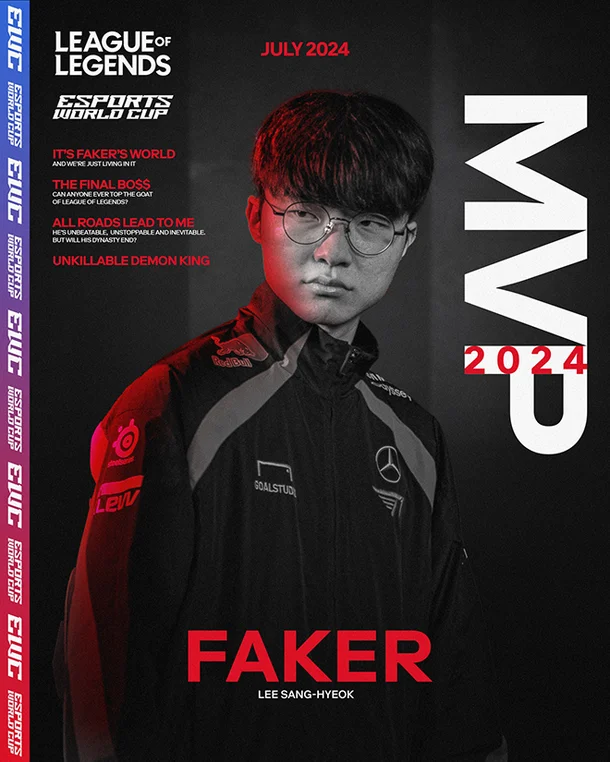
The Korean Gaming Industry: Key Insights
Journal 235 Myoungwon Kim July 24
Overview of the Korean Gaming Market
The Korean gaming industry is a global powerhouse, ranking as the fourth-largest video game market worldwide. This success is driven by a combination of advanced IT infrastructure, extensive internet access, and a deep-rooted passion for technology. Korea’s rapid digital advancement, supported by government investments, has created a fertile ground for the gaming industry to thrive. The prevalence of PC rooms, known as ‘PC bangs’, has played a crucial role, serving not only as venues for gaming but also as social hubs where people gather to compete and connect. These PC bangs have fostered a unique gaming culture centered around community and competition, where games like Starcraft and Lineage became cultural phenomena. Major companies like Nexon and NCSoft have capitalized on this environment, leading the market with innovative games that appeal to both local and international audiences. Nexon has successfully revitalized classic PC games for mobile platforms, while NCSoft’s Lineage series continues to dominate revenue streams, exemplifying the market’s dynamic and competitive nature.
The Rise of Mobile Gaming
Korea has established itself as a leader in mobile gaming, reflecting a significant shift in gaming preferences driven by the widespread adoption of smartphones. The country’s high per capita spending on games underscores the economic impact of this trend. The success of free-to-play models has revolutionized the industry, allowing Korean mobile games to achieve global acclaim. Notable titles like Lineage II: Revolution and Lineage M have set revenue records, demonstrating the immense potential of the mobile gaming market. These games have not only achieved commercial success but also influenced global gaming trends, showcasing the innovative capabilities of Korean developers. Netmarble‘s successful IPO, propelled by the popularity of Lineage II: Revolution, highlights the financial impact and growth potential of the mobile gaming sector. This shift towards mobile gaming has also led to a diversification of game genres and experiences, catering to a wide range of player preferences and contributing to the industry’s sustained growth.
South Korea: The Esports Capital

Esports in South Korea is more than just a popular activity; it is regarded as a professional sport with a well-established infrastructure.
The country boasts organized leagues, professional teams, coaches, and dedicated TV channels that broadcast Esports events. The Korean Esports Association (KeSPA) oversees popular games such as Starcraft II and League of Legends, ensuring the competitive scene is well-regulated and supported. Esports events in South Korea draw large audiences and fill stadiums, reflecting the immense popularity and cultural significance of competitive gaming. Professional gamers, such as the iconic Faker, are celebrated as national heroes and enjoy a celebrity status similar to traditional sports athletes. The competitive gaming environment in South Korea is characterized by intense practice routines, strategic gameplay, and a high level of skill, which has propelled the country to the forefront of the global Esports scene. This environment not only nurtures talent but also fosters innovation, with South Korean teams and players consistently setting new standards in competitive gaming.
Future Trends in Korean Gaming
The future of the Korean gaming industry is poised for exciting developments, as companies continue to pioneer advancements in various technological fields. One significant trend is the exploration of virtual reality (VR) and the Metaverse, aiming to create immersive and socially engaging gaming experiences. These advancements promise to redefine the way players interact with games, offering new levels of immersion and connectivity. Additionally, the integration of Blockchain technology for digital assets is becoming increasingly popular. This innovation allows players to own, trade, and monetize in-game items securely, creating new economic opportunities within the gaming ecosystem. Blockchain technology is set to revolutionize the gaming industry by enhancing transparency, security, and player ownership. Korean gaming companies are at the forefront of these trends, leveraging their technological expertise and creative prowess to lead the industry into new frontiers. As these trends continue to evolve, they are expected to open up new avenues for innovation, player engagement, and economic growth, solidifying Korea’s position as a global leader in the gaming industry.







